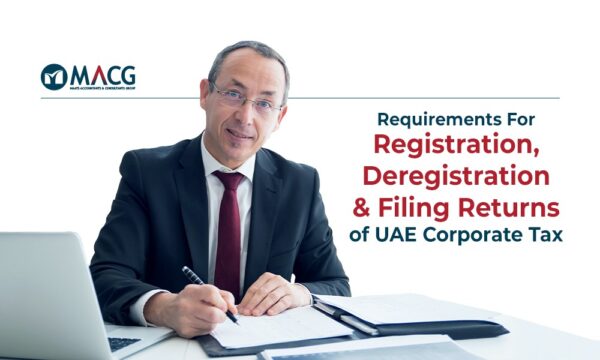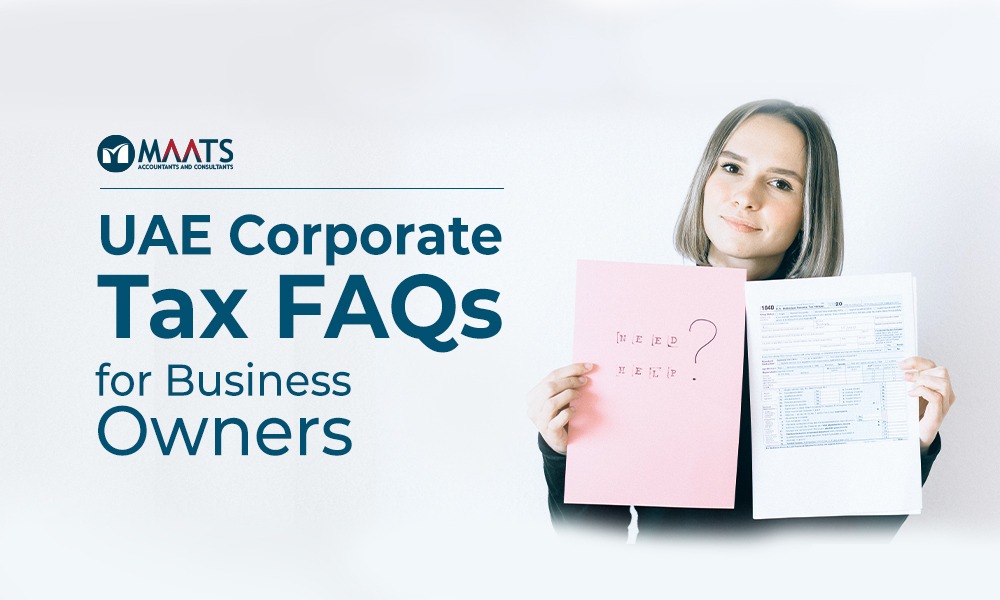MIS Reporting in the UAE: A Smart Tool for Smarter Business Decisions
Running a business in the UAE means staying ahead in a fast-paced, competitive, and data-driven environment. With constant changes in market trends, regulations, and customer expectations, making informed decisions is more important than ever. To succeed, businesses must rely on accurate, timely, and actionable data. That’s where MIS reporting – Management Information System reporting – comes in. MIS reporting collects, processes, and presents critical business data in a way that supports smarter decision-making across all levels of management. What Is MIS and Why Is It Important? MIS (Management Information System) is a structured approach to gathering and organizing data from across a business. It helps decision-makers understand what’s working, what needs improvement, and where opportunities lie. MIS is not just one piece of software—it’s a combination of systems, tools, and procedures that together turn raw data into insightful reports. Unlike traditional reporting methods, MIS integrates data from every department – finance, HR, operations, sales, and logistics – offering a comprehensive view of your organization’s health and performance. The Core Elements of an MIS A robust MIS relies on several key components that work together to deliver useful reports: This integration ensures that data is accurate, consistent, and easily accessible, making it easier to monitor progress, identify risks, and make quick, informed decisions. Who Needs MIS Reporting? Every business, regardless of size or industry, can benefit from MIS reporting. Whether you’re a startup in Dubai or a well-established enterprise across the UAE, MIS reports provide the clarity and control needed to fuel long-term success. They can be generated for any time period—daily, weekly, monthly, or annually—depending on your goals. With MIS, businesses can: Common Types of MIS Reports MIS reports can be tailored for various departments and purposes. Here are some of the most widely used types: MIS in Accounting: A Game-Changer Accounting departments deal with large volumes of data daily, from payroll and expenses to tax records and revenue streams. MIS simplifies and organizes this information, transforming it into meaningful insights that support sound financial management. At Maats Auditors & Consultants, we help businesses implement MIS tools that automate routine accounting tasks, reduce errors, and ensure regulatory compliance. With real-time reporting, you can instantly assess your company’s financial position, compare it to previous periods, and make data-backed decisions about budgeting, investments, and cost controls. MIS also enhances compliance with FTA regulations by ensuring all financial records are accurate, traceable, and stored securely. This becomes especially valuable during audits or tax filing, where proper documentation is critical. The Competitive Edge in Dubai’s Market Dubai’s vibrant and competitive business landscape demands efficiency and innovation. By adopting customized MIS Dubai solutions, businesses can streamline operations, reduce manual workloads, and respond quickly to market changes. With enhanced forecasting, financial transparency, and risk management, MIS is no longer a luxury—it’s a necessity. Final Thoughts: Partner with Maats for MIS Excellence At Maats Auditors & Consultants, we provide tailored MIS solutions to help UAE businesses gain greater visibility, improve decision-making, and stay compliant. Whether you need help with MIS in accounting, sales, or overall business strategy, our experts are here to assist. Ready to unlock the full potential of your business data?








